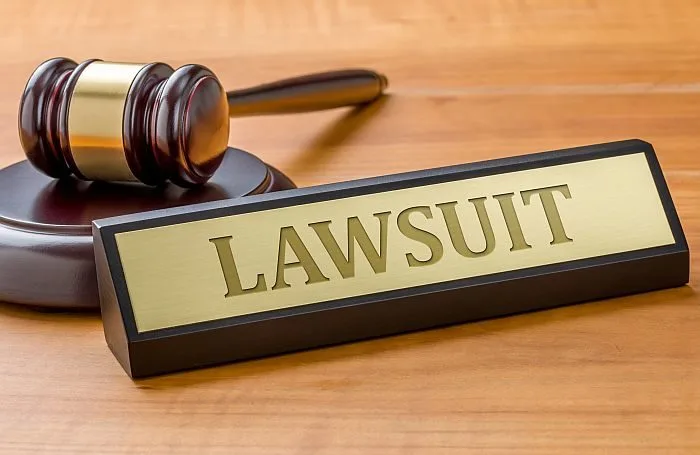Vital Proteins, a well-known name in the health and wellness sector, particularly for its collagen-based supplements, is currently facing significant legal scrutiny due to multiple consumer lawsuits. These legal actions involve allegations about misleading advertising, the presence of harmful ingredients, and quality control issues that have led to product recalls. As the lawsuit unfolds, it raises critical questions about transparency and accountability in the supplement industry.
Background on Vital Proteins and the Lawsuit
Vital Proteins has built a reputation for promoting skin, hair, and joint health through collagen supplements. Backed by celebrity endorsements, the brand has seen rapid growth. However, recent allegations suggest that some of Vital Proteins’ products may contain harmful contaminants, such as heavy metals, and that the brand’s health claims might be exaggerated or unsubstantiated. These concerns have fueled consumer lawsuits, with plaintiffs arguing that they were misled about the safety and efficacy of the products they trusted to enhance their health.
Key Allegations Against Vital Proteins
- Misleading Health Claims: Plaintiffs allege that Vital Proteins advertised its collagen supplements as beneficial for joint, skin, and overall health without sufficient scientific backing. While collagen has shown benefits in some studies, the lawsuits argue that Vital Proteins exaggerated its effects to attract health-conscious consumers.
- Contamination with Harmful Substances: Some plaintiffs claim that Vital Proteins products contain undisclosed harmful ingredients, including heavy metals like lead and arsenic. These allegations, if proven, could have serious implications for consumer health and trust in the brand.
- Quality Control and Recalls: In addition to health and contamination concerns, Vital Proteins recalled nearly 60,000 canisters of its collagen peptides in mid-2023 due to potential contamination with foreign plastic material. The recall was prompted by reports of broken plastic pieces in certain batches of the product, highlighting issues in quality control that have added to consumer concerns.
Legal Proceedings and Current Status
As of late 2024, the lawsuit is still in its early stages, with both sides preparing their cases. Vital Proteins has responded to the allegations by filing motions to dismiss and defending its products’ quality and safety standards. However, if the case proceeds to trial and the plaintiffs’ claims are upheld, the company could face substantial financial penalties and be compelled to revise its marketing practices and product formulations.
The case has entered the discovery phase, where both sides exchange information and evidence. If Vital Proteins and the plaintiffs cannot reach a settlement, the case may proceed to trial, where a judge or jury will determine the outcome.
Potential Outcomes and Consumer Impact
The outcomes of the lawsuit could have significant repercussions for both Vital Proteins and the broader supplement industry:
- Financial Penalties: If the plaintiffs succeed, Vital Proteins may be required to pay substantial damages. Plaintiffs are seeking compensation for medical expenses, lost wages, and pain and suffering. These financial implications would not only impact Vital Proteins but also signal to the supplement industry that companies must prioritize transparency and accuracy in their product claims.
- Increased Regulatory Scrutiny: This case highlights the need for stricter regulation of dietary supplements, an industry that currently operates under limited oversight by the FDA. The outcome could prompt regulatory agencies to implement stricter guidelines, mandating more rigorous testing and accurate labeling practices.
- Consumer Awareness and Caution: For consumers, the lawsuit underscores the importance of researching supplements and remaining cautious of brands that make bold health claims without third-party validation. Increased awareness could drive demand for more transparency in the industry, potentially influencing other brands to improve their practices.
Implications for the Supplement Industry
The legal issues faced by Vital Proteins represent a broader concern about the standards of dietary supplements. With the market for collagen products expanding rapidly, other companies may also face similar scrutiny regarding product claims, quality control, and contamination. A successful lawsuit against Vital Proteins could set a precedent, encouraging consumers to challenge questionable health claims and driving brands to adopt better quality assurance practices.
Conclusion
The Vital Proteins lawsuit serves as a reminder that transparency and accountability are critical in the wellness industry. As consumers become more educated and vigilant, companies will need to uphold higher standards for product safety and advertising honesty. For those following the case, staying informed will be essential as this lawsuit could reshape the supplement landscape, prompting both regulatory changes and increased scrutiny of supplement brands.


